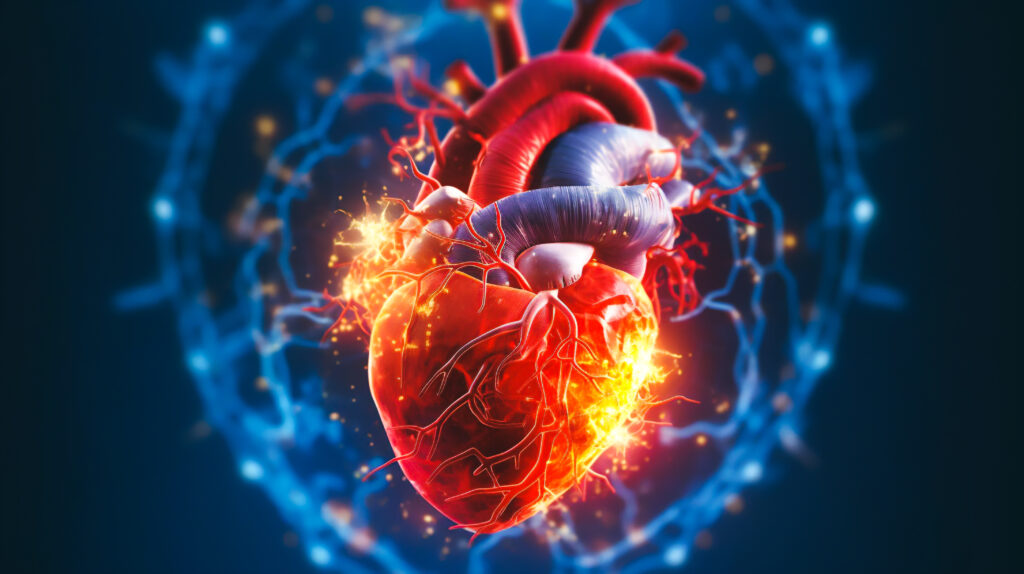Patients with palpitations can pose a diagnostic challenge to any arrhythmia service. Traditional methods of ECG recording rely on the user experiencing symptoms when the monitor is attached. We invested in 30 Alivecor Kardia monitors for patients to use with their own smartphone to record a 30 second rhythm strip when they experience symptoms. The project has been running for over a year and has been successful in diagnosing a variety of arrhythmias that would not have been captured using traditional ECG monitoring.
Diagnostic yield has been three times greater than Holter monitoring and analysing time has been reduced, providing a saving in physiologist time. From a total of 132 users, significant arrhythmias (AF and SVT) were detected in 22 users who were assessed in clinic, other users were contacted via a telephone follow up service which was introduced to save on clinic time. Patient feedback has been very positive with over 90% of users finding the service very useful in their diagnosis and treatment. Those where arrhythmia was confirmed have been seen in a nurse led arrhythmia clinic and treatment initiated where appropriate. Users who have not been diagnosed with an arrhythmia have been reassured that symptom correlation has been achieved and no further investigation is required. The service has now expanded to include more monitors and has been assessed in a recent CQC inspection as being an area of outstanding practice.














